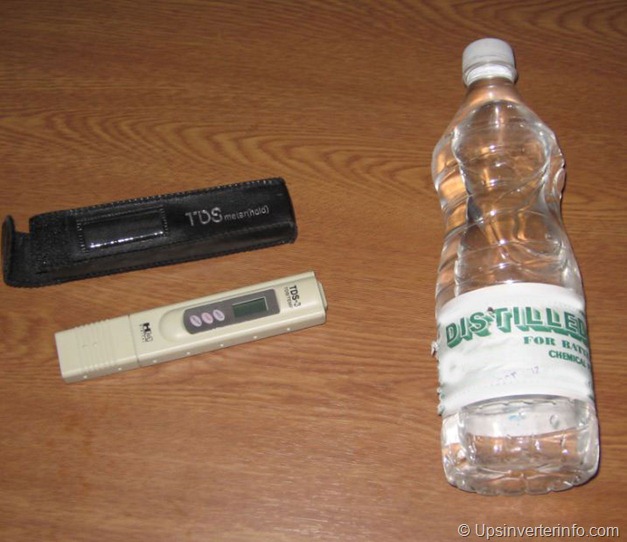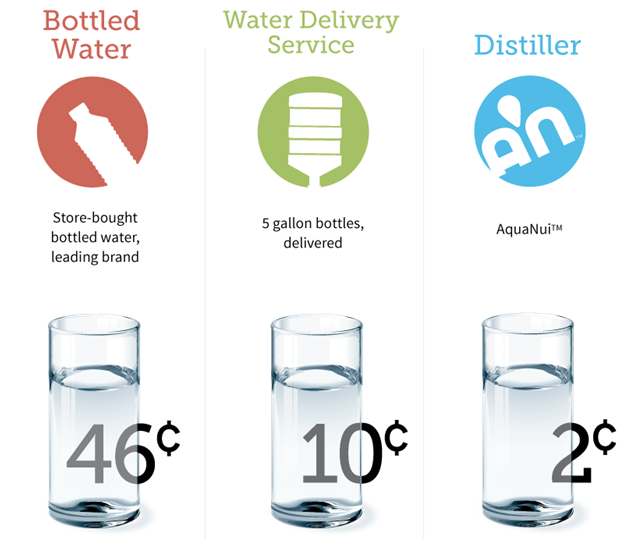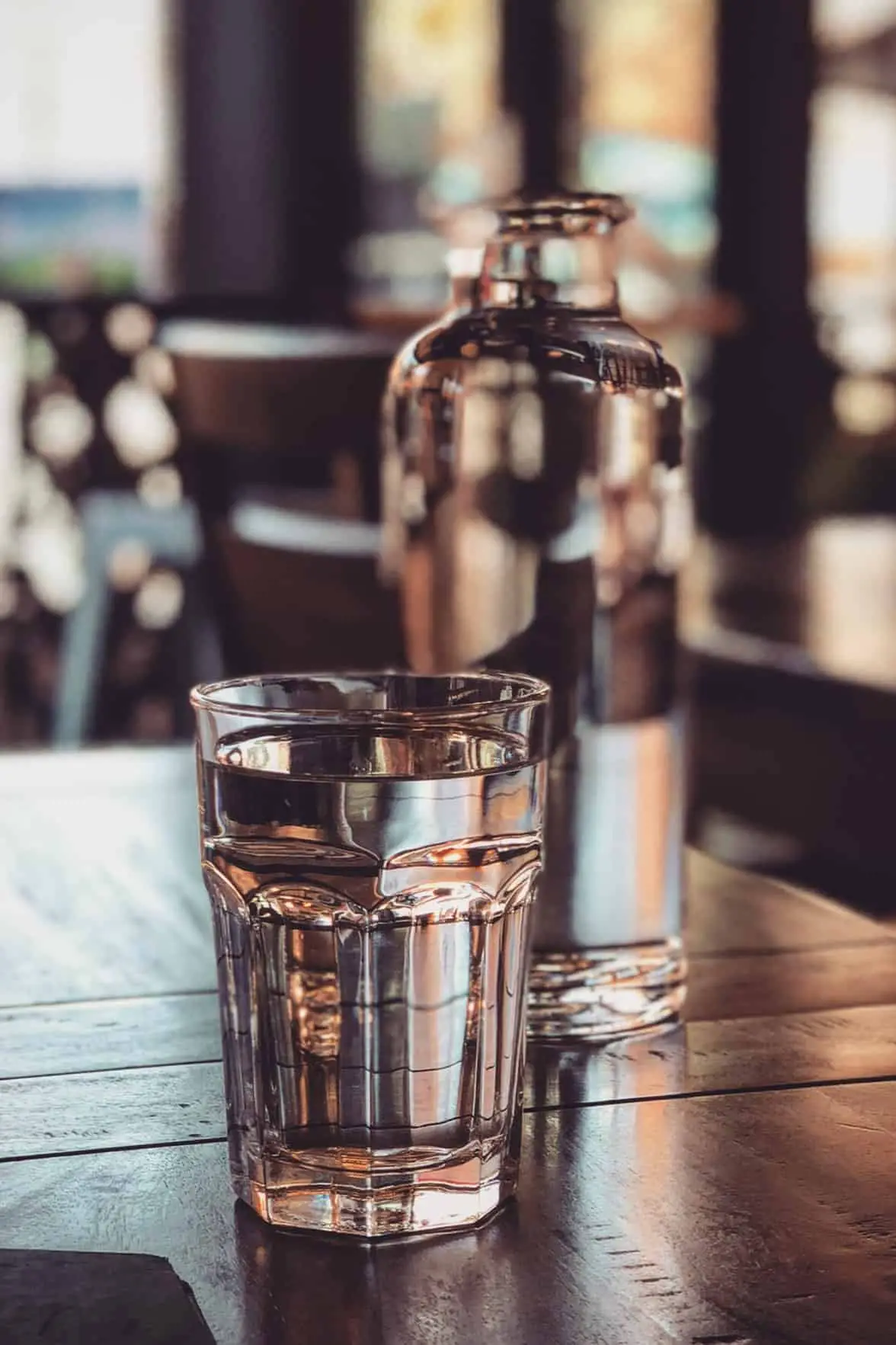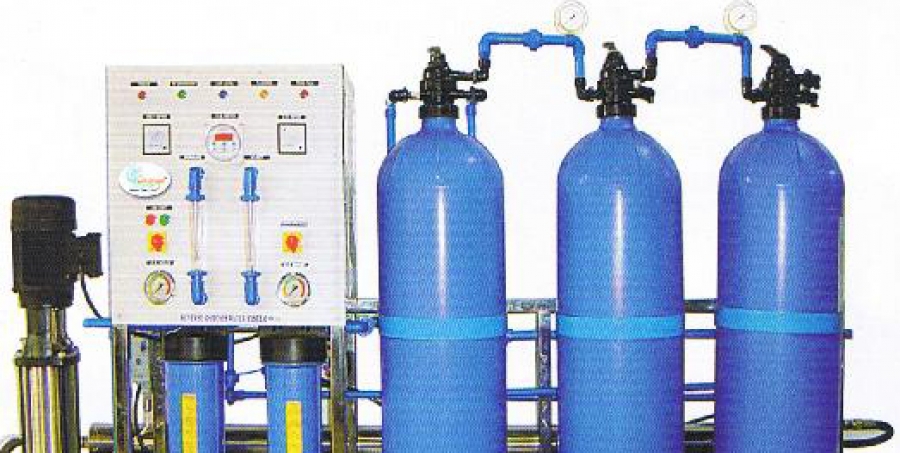Deionized Water Vs Distilled Water. The purity of the end result depends largely on the source water Distilled water - particularly double or triple distilled - takes longer to make. Common purification methods include reverse osmosis (RO), distillation, and deionization.

Main Difference - Distilled vs Deionized Water.
It still has very little ions in it, but it is less aggressive than DI and while I would not recommend drinking it either, is less likely to harm you.
The deionization process, for example, only removes ions - charged non-organic particles - from the water. Deionisation is much quicker and more efficient, and therefore deionised water is cheaper. Humans can live for several weeks on water alone. Distilled water has undergone a very specific treatment process. Distilled water is normally more expensive than deionised water as the production process takes longer, especially on an industrial scale. Tap water may not be appropriate for making some aqueous solutions, but which water is the best choice, distilled or deionized?
Some amount of water is present in the. The oldest method for production of pure water is the thermal method or distillation - water evaporation from the surface and condensation. Having the wrong water treatment system installed could. Deionized water is water that was probably passed The purest of the pure water is used for very special scientific experiments is free of both ions (via deionization) and distillation (chemical impurities). You probably understand this process, it's basically applying heat to water, causing steam. Deionisation is much quicker and more efficient, and therefore deionised water is cheaper.
This has critical implications, especially for the medical industry. The oldest method for production of pure water is the thermal method or distillation - water evaporation from the surface and condensation. Humans can live for several weeks on water alone.



%20(250x141).jpg)


